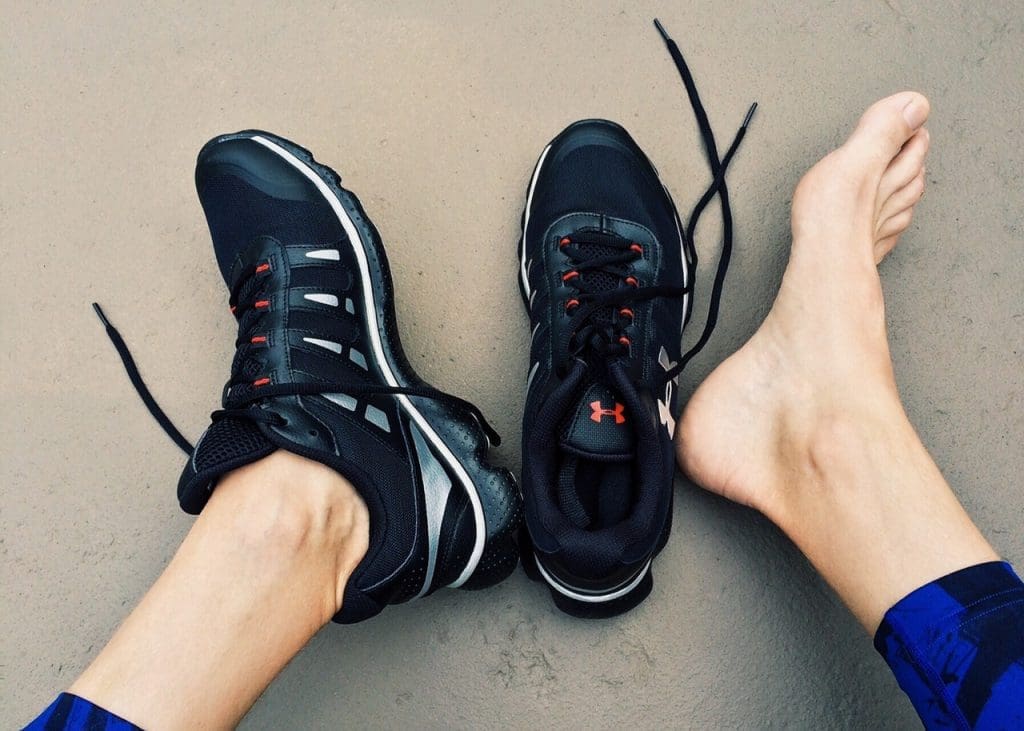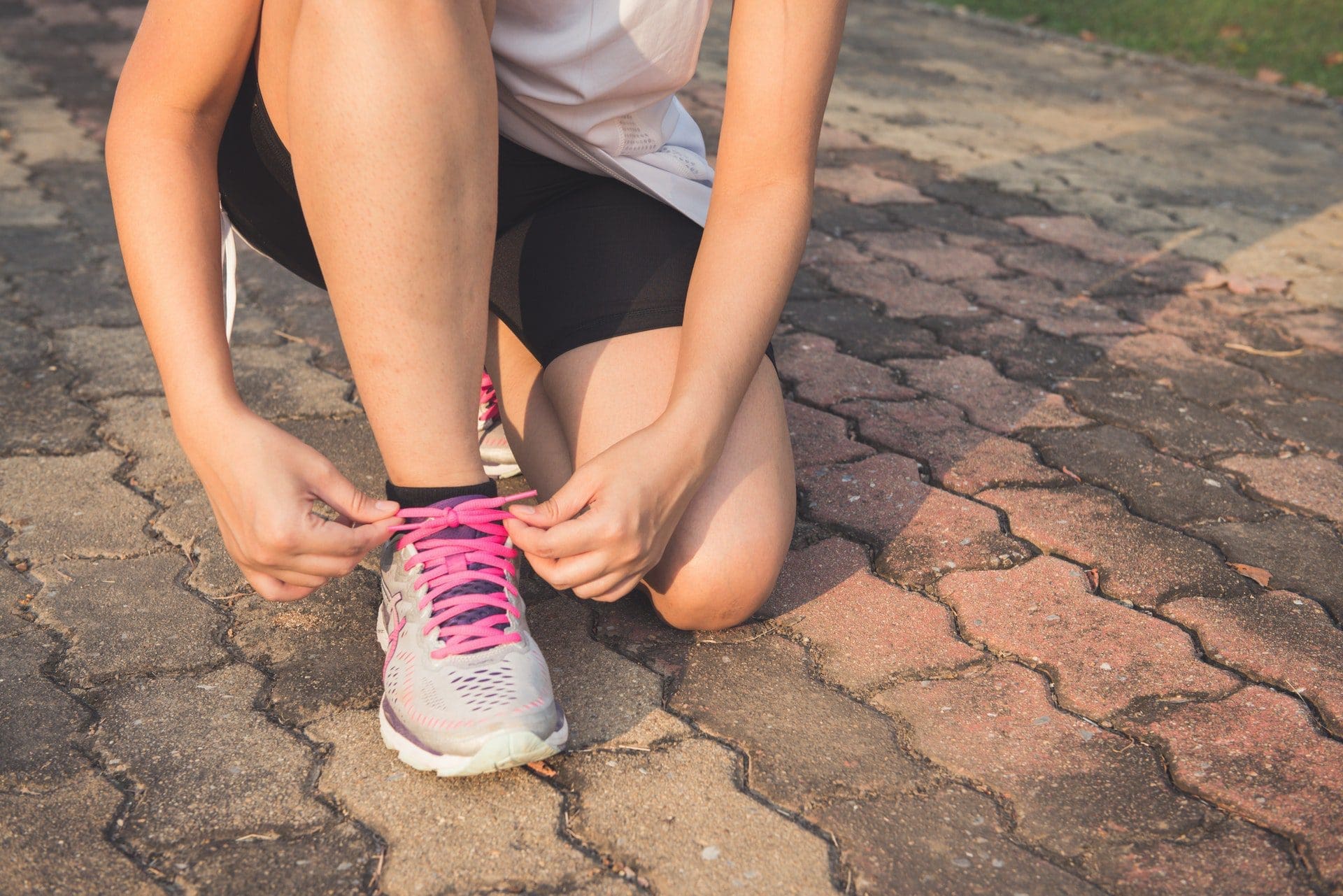To stay healthy, we need to eat a balanced diet, work out regularly, and take care of our mental wellbeing; this is something we all know. However, there’s more to it than just that. For example, have you ever thought about how the shoes you wear affect your health? Probably know, as most of us either change the footwear we notice is not working for us or believe that it’s simply uncomfortable and keep on using the wrong footwear.
This is not healthy, however. There are many ways how footwear can affect your health in the short and long term. Keep on reading to learn more and get some prevention tips.
Short-terms problems
In case you purchase ill-fitting footwear, you might be able to feel the damage straight away. Some of the short-term problems to look out for include corns, nail problems, athletes’ feet, and overall pain and discomfort.
Corns
If there is friction or pressure in the shoes because they are too snug or too loose, the skin on your feet might develop corns. These are hardened layers of skin that can appear on the sides or bottoms of your feet, between your toes, or below your toenail bed. If your skin is sensitive to the touch, if there are rough, touch, and yellowing patches of skin that are bumpy or lumpy, or if you feel pain when wearing shoes, you might have corn. Luckily, foot corns are easy to treat and prevent. Besides getting rid of shoes that don’t fit you, you can file the corn away after soaking your feet in a bath with salts or applying castor oil and corn pads. To prevent them, use thick socks while breaking in the shoes and apply bandages to corn-prone areas of your feet. However, if a corn starts discharging pus or clear fluids, you should call a doctor as it’s probably infected, and you need to act immediately.
Nail problems
Another issue you might encounter with ill-fitting shoes is nail and fungal problems. Shoes that are not right for you could put pressure on the side of your toes and push the skin into the nail plate. This can result in ingrown toenails. Furthermore, a fungal infection could also develop and lead to brittle, discolored, and unsightly-looking toenails. The wrong footwear can also result in trauma that can lead to subungual hematoma. If you don’t take these issues seriously and act on time, you might even need surgery to fix the damage.

Athlete’s foot
Although athlete’s foot, aka tinea pedis, is commonly seen in athletes, it’s not uncommon to get it when wearing ill-fitting footwear. This is a contagious fungal infection that affects the skin but can also spread to toenails and hands. It usually develops in areas prone to sweating, like under the arch of the foot and the toes’ webbing. If your shoes are too tight, you could experience a case of athlete’s foot. To treat it, you can look into over-the-counter and prescription topical antifungal meds as well as alternative therapy solutions such as tea tree oil. While it’s not too serious, it can be difficult to cure if you have some other condition such as diabetes or a weakened immune system, seeing as how it can cause inflammation in addition to intense itching and flaking of the skin. What is more, there is a chance of complications that include allergic reactions to the fungus and the bacterial infection spreading to the lymph system.
Long-term problems
On the other hand, you can also cause permanent damage to your body if you keep using ill-fitted shoes. These health issues are not limited only to your feet so take preventive measures to avoid all sorts of pain.
Heel pain
Heel pain is also known as plantar fasciitis and can be caused by excessive standing or walking on hard surfaces. While having very flat feet or very high arches can lead to plantar fasciitis, it can also be caused by wearing the wrong footwear. After prolonged use of improper footwear, you can start feeling a dull to severe pain in the heels, which can be due to a strain and inflammation of the foot tissue. You could experience pain when you take your first steps in the morning, when you get up after sitting or lying down for some time, or climbing stairs. Investing in shoes with proper support should help you prevent this issue. However, if you already have it, look for specialists offering plantar fasciitis treatment and physical therapy to alleviate the pain and reduce muscle tightness.
Joint pain
Other than heel pain, inadequate support can lead to various joint problems, such as knee pain and arthritis. If the footwear doesn’t support your knees, they need to bend more to reduce the shock your feet go through when you walk. This leads to the muscles in your thighs working harder as well, all of which can result in arthritis development. High heels and flip-flops should be avoided as much as possible, as high heels shift your center of gravity while flip-flops offer no support to your lower back and the arch of the foot.
Back pain
Finally, you can experience back pain and posture issues as long-term effects of wearing the wrong footwear. We already mentioned how shoes could shift your center of gravity and pressure certain parts of the body that wouldn’t be affected if you had supportive shoes. With that in mind, your lumbar spinal muscles’ movements can be exacerbated, which can lead to stiffening and changes in posture over time. Moreover, lower back pain is possible due to the compression of the lumbar intervertebral disc.
Purchasing proper footwear is important, regardless of whether you are going on your first hike or need shoes that you will wear every day. As you can see, footwear that does not fit you and doesn’t support your body properly can be very dangerous. While some short-term problems can be dealt with quickly, others can trouble you for the rest of your life. To prevent all of these issues, learn what to look for in shoes.
Featured Photo by Tirachard Kumtanom from Pexels





